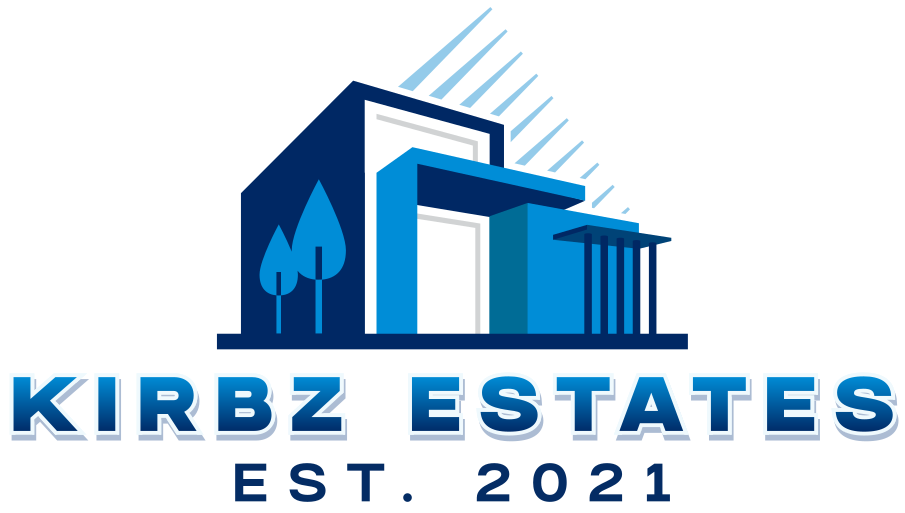Selling a house with unpermitted work in USA can be challenging. Unpermitted work includes renovations or changes made without the required local permits.
Unpermitted work, like a finished basement or added bathroom, can complicate selling a house. This guide covers how to handle unpermitted work, including getting permits, legalizing the work, potential consequences, and associated costs.
How to Get a Permit After Work Has Been Done

Assess the Situation
To obtain a permit for unpermitted work, start by identifying all unauthorized changes. A licensed contractor or inspector can assess the work, guide you on bringing it up to code, and help prepare necessary documentation for the permitting process.

Contact the Local Building Department
Contact your local building department for guidance on obtaining retroactive permits, which may include submitting plans and scheduling inspections.

Prepare Documentation
Prepare detailed plans and documentation for the unpermitted work, including any necessary corrections to meet current codes. If available, include original plans or permits for context.

Submit Permit Applications
Submit permit applications with required documentation, including plans and specifications, and be ready to pay application fees.

Schedule Inspections
After submission, the building department will schedule inspections to ensure the work meets current building codes, with multiple inspections if needed.

Make Necessary Corrections
If violations are found, you’ll need to make corrections and schedule follow-up inspections, possibly with licensed contractors to ensure compliance.

Obtain Final Approval
Once inspections are passed and corrections made, the building department will issue final approval or a certificate of occupancy, confirming compliance with codes.
Get an offer today, sell in a matter of days.
Consequences of Unpermitted Residential Work
Legal and Financial Risks
Unpermitted work can lead to fines, penalties, and costly orders to remove or correct the work.
Reduced Property Value
Unpermitted work can lower property value and deter buyers, making it harder to sell at a fair price.
Difficulty Obtaining Financing
Lenders require proper permits for all work, so unpermitted work can make securing financing and selling harder.
Complications During Home Inspections
Unpermitted work can raise concerns during inspections, causing delays, renegotiations, or even sale cancellations.
Liability Issues
Homeowners may be liable for injuries or damages from unpermitted work, leading to costly legal issues.
Increased Insurance Premiums
Insurance companies may charge higher premiums or deny coverage for properties with unpermitted work due to increased risk.
When a Permit is Required for Home Repairs
Common Home Repairs Requiring Permits
- Structural Changes: Any changes to a house’s structural components, such as adding or removing walls, require a permit.
- Electrical Work: Installing new electrical wiring, outlets, or circuits requires an electrical permit.
- Plumbing Work: A plumbing permit is required to modify or install new plumbing systems, including water heaters and sewer lines.
- HVAC Systems: Installing or replacing heating, ventilation, and air conditioning systems requires a mechanical permit.
- Additions: Building additions, such as new rooms or extensions, require a building permit.
- Roofing: Major roofing repairs or replacements often require a permit.
- Windows and Doors: A permit is required to install new windows or doors that alter the structure or size of openings.
- Decks and Patios: Constructing or modifying decks, patios, or other exterior structures requires a permit.
Minor Repairs Typically Not Requiring Permits
- Painting and Wallpapering: Cosmetic changes such as painting and wallpapering usually do not require permits.
- Flooring: Installing new flooring, such as carpet, tile, or hardwood, typically does not require a permit.
- Minor Plumbing Repairs: Minor plumbing repairs, such as fixing leaks or replacing faucets, usually do not require permits.
- Landscaping: Basic landscaping and gardening activities typically do not require permits.
How to Check House Permits

Contact the Local Building Department
To check if permits were pulled, contact your local building department, which keeps records of all permits.

Use Online Permit Databases
Many municipalities offer online databases to search permits by property address, including work type, status, and inspection results.

Review Property Records
Check property records, such as title reports and sale documents, to identify mentions of permitted work and past renovations.

Hire a Professional Inspector
A home inspector can identify unpermitted work and verify if necessary permits were obtained, providing a detailed report.
The Permitting Process

Determine Permit Requirements
Contact the local building department to learn the permit requirements for your project, as they vary by work type.

Prepare Permit Applications
Prepare permit applications with detailed plans and necessary documentation.

Submit Applications and Pay Fees
Submit the permit applications, pay fees, and retain copies for your records.

Schedule Inspections
After permits are issued, schedule inspections before, during, and after the work to ensure code compliance.

Make Necessary Corrections
Correct any deficiencies found during inspections and schedule follow-up inspections as needed.

Obtain Final Approval
After passing inspections and making corrections, obtain final approval to confirm compliance with building codes.
Associated Costs
Permit Application Fees
Permit fees range from $50 to $2,000+, depending on the work’s type and scope.
Inspection Fees
Inspection fees are usually included in permit fees, but follow-up inspections may cost $100 to $500. It’s crucial to get the work right the first time.
Correction Costs
Correcting code violations can cost from a few hundred to several thousand dollars, depending on the repairs needed.
Penalties and Fines
Unpermitted work can result in fines ranging from a few hundred to several thousand dollars, depending on the severity.
Professional Fees
Hiring professionals like contractors, architects, or inspectors can increase costs, with fees varying by project scope.
How Kirbz Estates Can Help
At Kirbz Estates , we specialize in buying properties as-is, so you don’t have to worry about unpermitted work or repairs. Here’s how we can help:
- Quick and Fair Offers: We provide fast and competitive offers, allowing you to sell your property without delay.
- No Permitting Hassles: We buy houses in any condition, so you don’t need to navigate the complex permitting process or make costly corrections.
- Streamlined Process: Our straightforward buying process ensures a smooth and stress-free transaction.
Choosing Kirbz Estates helps you avoid the complications and costs of unpermitted work, making your sale quick and easy.
Selling a house with unpermitted work can be complex and costly. If you’d rather avoid the hassle, Kirbz Estates buys properties as-is. Contact us today at 813-993-8643 for a stress-free solution.

